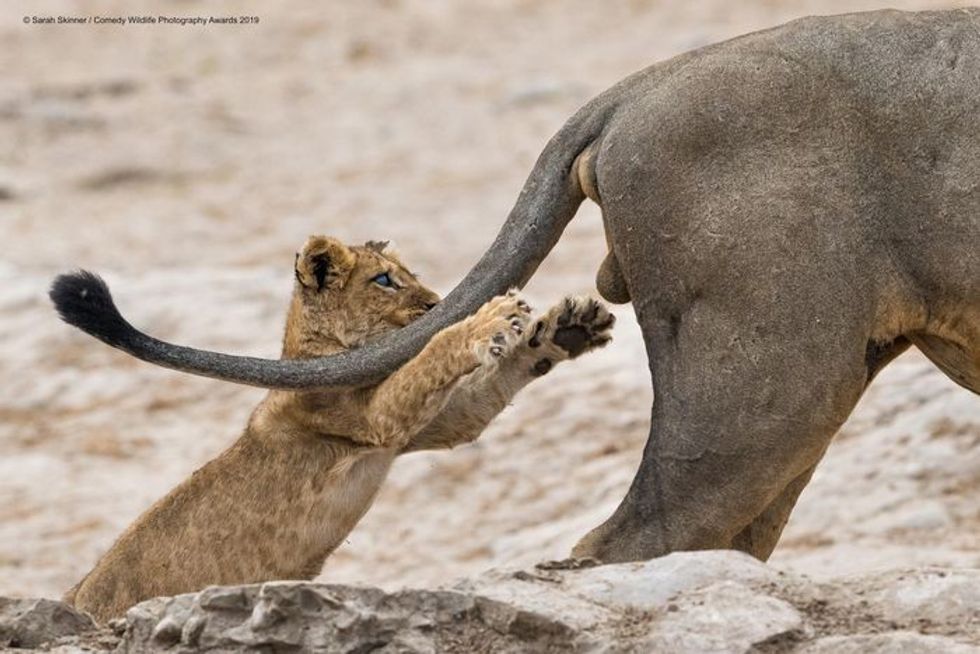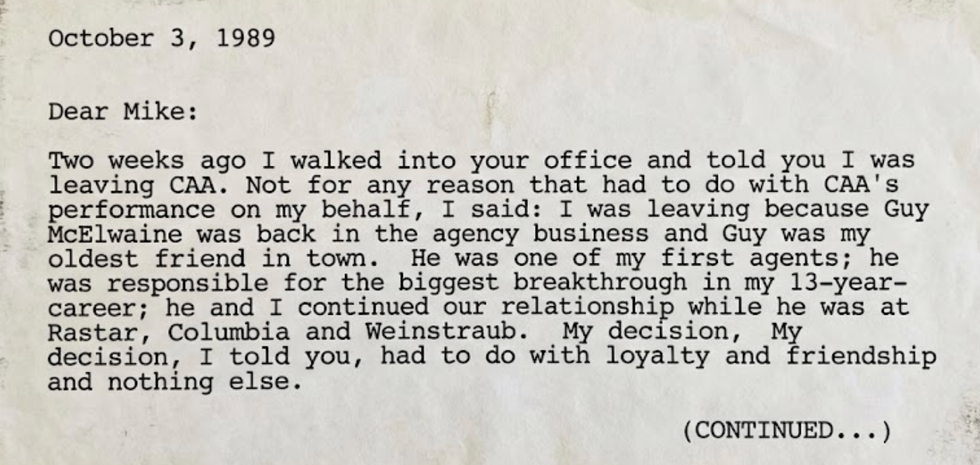It’s undeniable: Beyoncé is one of the biggest stars in the world. Thanks to the BeyHive, her group of rabidly loyal fans, the singer is able to set the internet on fire with the drop of a single Instagram post. Back in 2013, Bey unleashed a surprise, self-titled visual album that upended the model for releasing such projects and ignited a conversation about Beyoncé’s brand of feminism.
[quote position="left" is_quote="true"]Black feminism can provide an alternative to white, European feminism, and introduce new ways of thinking.[/quote]
Many young women embraced the pop star as a feminist icon, cloaking themselves in Bey’s message to be a boss, while others were critical of the singer, accusing her of borrowing the label just to appear edgy. Black feminist scholar bell hooks even called Bey a terrorist because of her willingness to engage in capitalism and express her sexuality, and because of her outsized impact on young girls. The debate only intensified after the artist released her Grammy-winning follow-up “Lemonade,” an album many black women considered a love letter to #BlackGirlMagic and resilience.
While the debate over whether Beyoncé is a feminist will no doubt rage on, this fall the battleground will expand to the University of Copenhagen, where students will explore the topic in a new class aptly titled Beyoncé, Gender and Race. Professor Erik Steinskog will be teaching the course, which he hopes will serve as an introduction to black feminist theory.
“Academically, the course is built on two pillars: Beyoncé as a performer and black feminism,” Steinskog told the university’s magazine, Uniavisen. “She’s a controversial feminist, which is crucial. She makes us consider what it means to be a feminist – or what it can mean, but her feminism is addressed to a non-academic audience.”
Steinskog has studied and written extensively about Afrofuturism and hopes the class will serve as a primer on black feminism for his Scandinavian students.
“Black feminism can provide an alternative to white, European feminism, and introduce new ways of thinking about feminism,” he explained. “Theory written by black women presents a different point of view and a different frame of reference that can expose us Scandinavians to new ideas.”
Beyoncé isn’t the only music superstar to have her own university course this fall. Earlier this year, Georgia Tech announced it was offering students Engaging the Lyrics of Outkast and Trap Music to Explore Politics of Social Justice, while a Georgetown professor is teaching The Sociology of Hip-Hop: The Urban Theodicy of Jay-Z, featuring Beyoncé’s husband.
















 A young lion playing with an older animal
A young lion playing with an older animal A colorful bird appears to be yelling at it a friend
A colorful bird appears to be yelling at it a friend An otter appears like it's holding its face in shock
An otter appears like it's holding its face in shock Two young foxes playing in the wild
Two young foxes playing in the wild Two otters appear to be laughing together in the water
Two otters appear to be laughing together in the water A fish looks like it's afraid of the shark behind it
A fish looks like it's afraid of the shark behind it A bird appears to be ignoring their partner
A bird appears to be ignoring their partner A squirrel looks like it's trapped in a tree
A squirrel looks like it's trapped in a tree A bear holds hand over face, making it appear like it's exhausted
A bear holds hand over face, making it appear like it's exhausted A penguin looks like its trying to appear inconspicuous
A penguin looks like its trying to appear inconspicuous A young squirrel smells a flower
A young squirrel smells a flower An insect appears to be smiling and waving at the camera
An insect appears to be smiling and waving at the camera An otter lies on its side apparently cracking up laughing
An otter lies on its side apparently cracking up laughing Two monkeys caught procreating
Two monkeys caught procreating A young chimp relaxes with its hands behind its head
A young chimp relaxes with its hands behind its head A snowy owl appears to be smiling
A snowy owl appears to be smiling  A monkey holds finger to face as if it's lost in thought
A monkey holds finger to face as if it's lost in thought A turtle crossing the road under a 'slow' sign
A turtle crossing the road under a 'slow' sign A polar bear lies on its back like it's trying to hide
A polar bear lies on its back like it's trying to hide A rodent strikes human-like pose
A rodent strikes human-like pose
 An excerpt of the faxCanva
An excerpt of the faxCanva

 Robert Redford advocating against the demolition of Santa Monica Pier while filming "The Sting" 1973
Robert Redford advocating against the demolition of Santa Monica Pier while filming "The Sting" 1973


 Image artifacts (diffraction spikes and vertical streaks) appearing in a CCD image of a major solar flare due to the excess incident radiation
Image artifacts (diffraction spikes and vertical streaks) appearing in a CCD image of a major solar flare due to the excess incident radiation